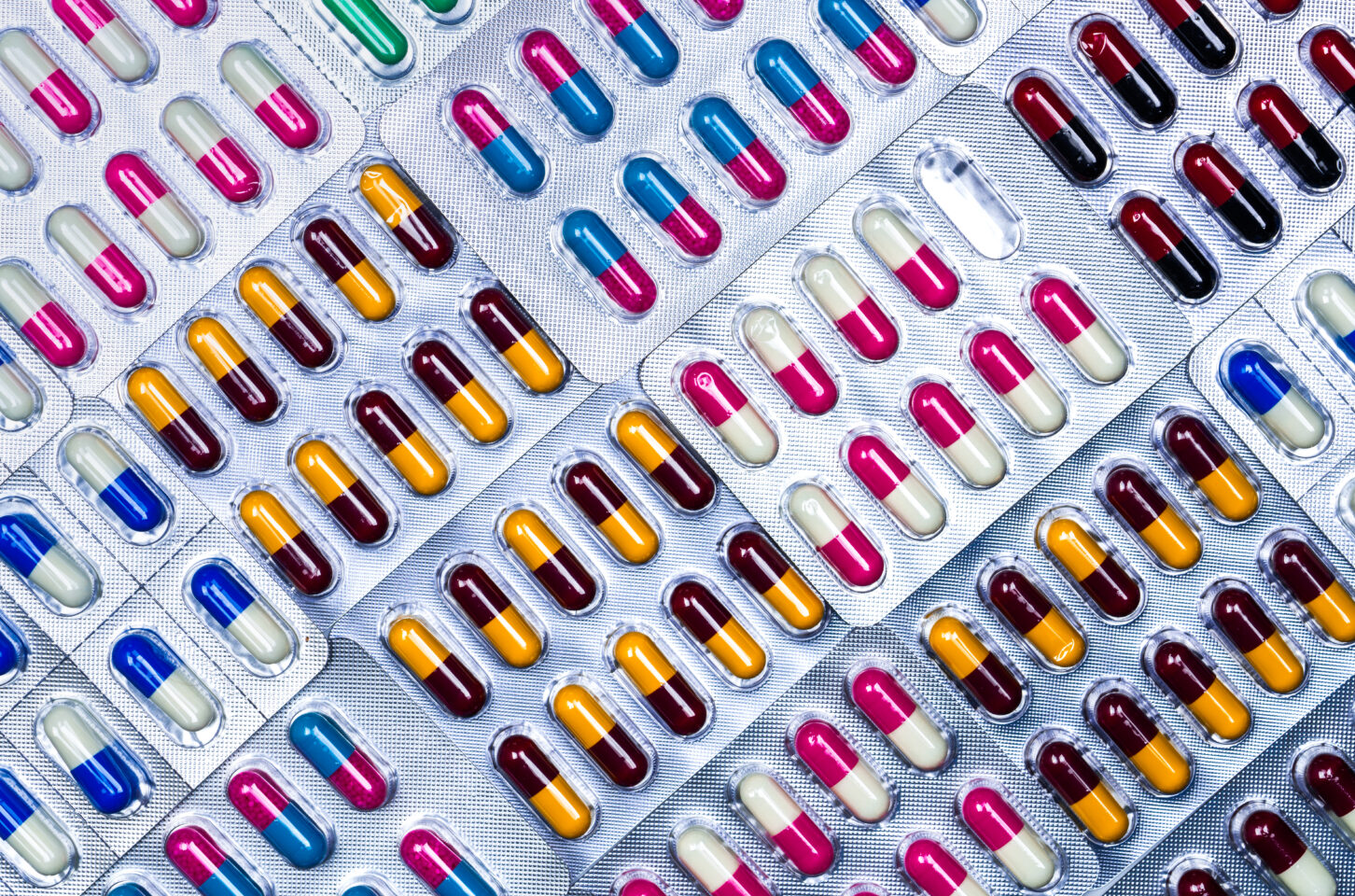
Report shows major pharmaceutical drugmakers have been fined more than $82 billion for violations over the past decade
It’s time for the big pharma companies caught lying to the public to pay.
A new report prepared by ConsumerShield suggests that the past decade has been marked by record-high settlements and penalties in the pharmaceutical sector, totaling more than $80 billion in fines and penalties.
ConsumerShield’s report, “The Pharmaceutical Industry: Balancing Profits, Penalties, and Public Safety,” was released Oct. 17 and shows that the lion’s share of violations involve synthetic opioids that clearly cause addiction and are powerful enough to cause it to stop breathing.
London Loves Business reports that the study shows that since 2010, the pharmaceutical industry has incurred fines of $82.8 billion in over 500 registered violations for failure to comply with the safety of medicines and medical devices, unauthorized advertising of medical products, and false claims violations US dollar has suffered law and other violations.
The largest offender – Johnson & Johnson – reported over 45 violations during the investigation period, resulting in penalties totaling $24.5 billion. Johnson & Johnson paid $18 billion in fines in opioid and talc cases alone over the past five years. Next are Teva Pharmaceuticals with $8.5 billion in penalties, AbbVie with $7.1 billion in penalties, GSK plc with $5.6 billion in penalties, and Pfizer with penalties of $3.2 billion.
The report also lists significant settlements, with one case in particular standing out: the Purdue Pharma case, which resulted in a $8.3 billion payment. On October 21, 2020, the Department of Justice announced the imposition of a hefty fine as the culmination of its criminal and civil investigation into opioid manufacturer Purdue Pharma, as well as a civil settlement of its civil investigation into individual shareholders of the Sackler family.
Purdue and the Sacklers continued to market OxyContin and opioid products to over 100 health care providers, even though the company knew there was good reason to believe they were diverting opioids and reporting misleading information to the DEA to increase Purdue’s production quotas.
Hundreds of thousands of people overdosed and died. Nearly 88% of opioid-related overdose deaths involved synthetic opioids, and opioids were the cause of 80,411 overdose deaths in 2021 — 75.4% of all drug overdose deaths, the CDC reported in 2021, when overdose rates were at their peak . Compare that to heroin overdoses, which only caused 9,000 overdoses in 2021 unless mixed with opioids. Almost ten times more drug addicts due to synthetic opioids.
“The misuse and diversion of prescription opioids has contributed to a nationwide tragedy of addiction and death, in addition to those caused by illicit street opioids,” said Assistant Attorney General Jeffrey A. Rosen. “With criminal guilty pleas, a federal settlement of more than $8 billion, and the dissolution of a company and the repurposing of its assets entirely for the benefit of the public, the resolution in today’s announcement reaffirms that the Justice Department will not budge in its multiplier “-increased efforts to combat the opioid crisis.”
Most of us know about the devastating effects of the opioid epidemic, but what about talc? Medicines can kill you in other ways too. Talcum powder lawsuits claim consumers were diagnosed with cancer after using Johnson & Johnson’s talc-based baby powder.
A serious warning
The ConsumerShield report begins with a serious warning:
“With a sense of urgency and responsibility, we are taking a deep look at the dominant paradigms of the pharmaceutical industry,” the report said. “Our research aims to understand whether rising profits are inadvertently overshadowing the overriding need for consumer safety, ethical advertising and ground-breaking research initiatives.
“The stark disparity between R&D investments and marketing expenditures, coupled with the persistence of unethical practices despite increasing penalties, requires a comprehensive review of the industry’s commitment to ethical practices and consumer well-being.”
ConsumerShield representatives say the data is troubling.
“The juxtaposition of rising revenues and escalating penalties is alarming,” Jane Doe, senior analyst at ConsumerShield, told London Loves Business. “But what is even more worrying is the apparent discrepancy between companies’ spending on research and development (R&D) and their enormous marketing budgets.”
The False Claims Act is the federal government’s primary litigation tool for combating fraud against the government and includes, among other things, consumer protection.
“Pharmaceutical companies that have engaged in illegal off-label marketing or promotion of their drugs have paid the government hundreds of millions of dollars as a result of Federal False Claims Act cases, often brought by pharmaceutical sales representatives, sales managers, compliance officers, etc. were submitted. “other employees of pharmaceutical companies, doctors, nurses, and/or employees of hospitals or doctor’s offices,” the False Claims Act Pharmaceutical Fraud summary states.
The report highlights the impact of marketing opioids despite warnings of their enormous lethal impact, regardless of the people who actually need opioids to cope with severe pain.

Post a comment: